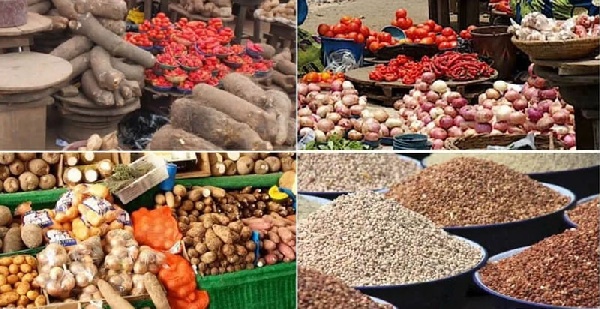Climate change is playing a major role in stifling development in the north, and it is for this reason that ActionAid Ghana is recommending the Northern Development Authority (NDA) promotes agro-ecology and food sovereignty in northern parts of the country, in order to mitigate the ever-growing threat of agriculture under-productivity and food insecurity.
“The vulnerability in the North includes threat of floods, prolonged droughts, rising temperatures, unreliable rainfall, severe windstorms and other climate-related emergencies which are already negatively impacting agriculture and threatening productivity and food security,” Justin Bayor of ActionAid said during a presentation at the University for Development Studies’ Harmattan School, on the theme ‘Bridging the Gap between North and South’.
Fatalities due to floods in northern Ghana are reported to be alarmingly high and burdensome, and are usually occasioned by spillages from the Bagre Dam in Burkina Faso.
Between 2018 and 2020, 78 people were killed by floods; 23,371 houses were collapsed by floods, rendering 100,000 people homeless; and 94,379 acres of farmland was destroyed resulting in food insecurity in northern Ghana, data from the National Disaster Management Organisation indicate.
Equally, the World Food Programme has indicated that at least three out of every 100 households in the north is either severely or moderately food insecure, and the poor nutritional status of children in the North is about double the national average.
More than 70 percent of the northern Ghana population depends on unimodal rain-fed agriculture for their food, income and livelihoods. The over-dependence on rainfall, declining soil fertility etc. – coupled with limited access to inputs, has resulted in low agricultural productivity and incomes.
It is estimated that for a period of 7-8 months in the year, most of the North’s agricultural population have no alternative or complementary means of securing their livelihoods – as infrastructure to support off-season agricultural activities is underdeveloped or non-existent.
ActionAid also recommended that government should work swiftly to ensure women’s enhanced and secured access to and control of land and other productive resources, by lobbying and engaging landowners on the economic value it brings to women and their families.
Climate change has become a developmental issue across the world. Government and its development partners need to adopt a holistic approach to mitigate the negative impacts of climate change in northern Ghana.










